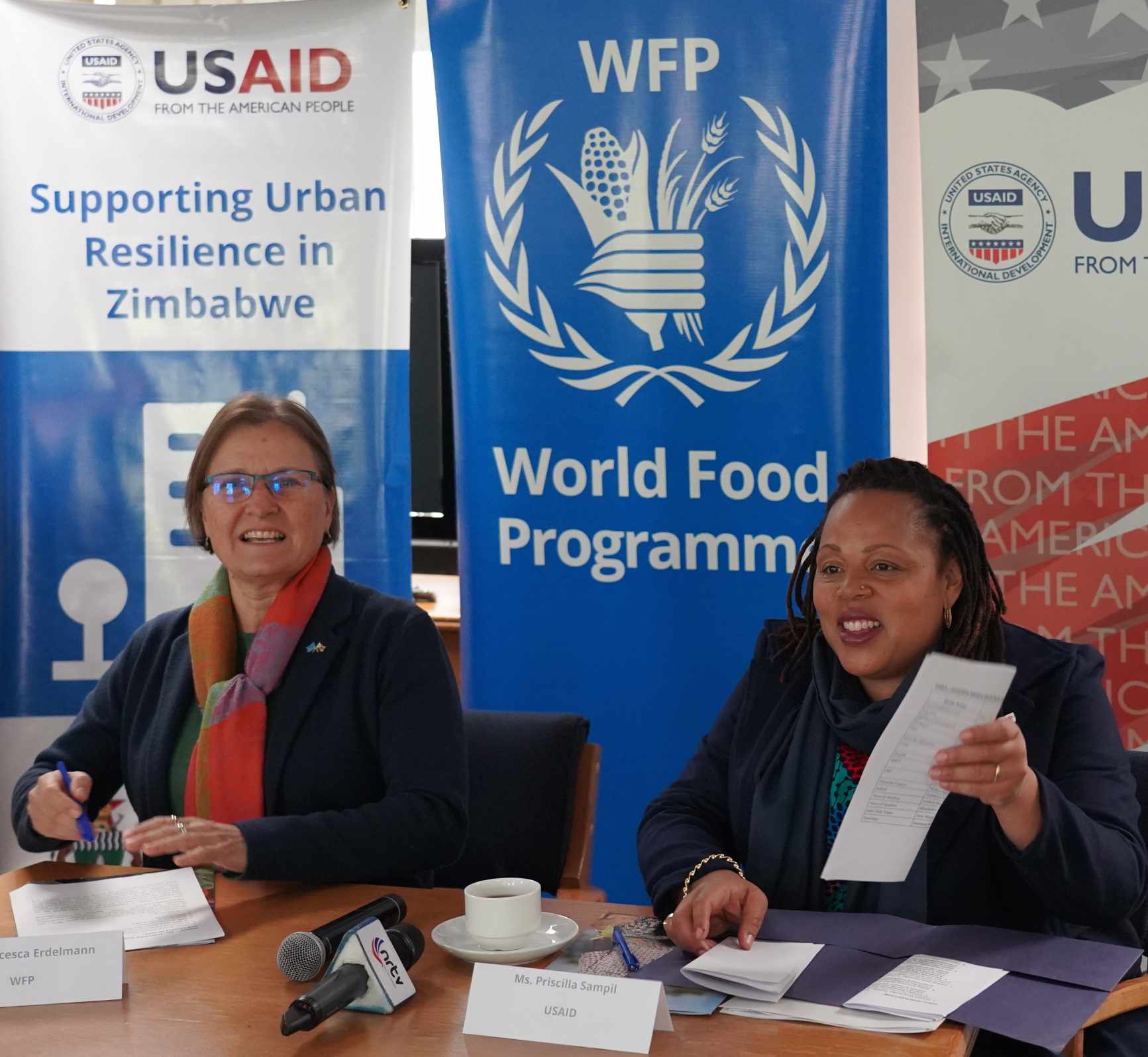|
Getting your Trinity Audio player ready…
|
The United Nations World Food Programme (WFP) welcomes a US$2 million contribution from the United States Agency for International Development (USAID) to support more than 2,000 vulnerable families in three urban areas over the next year.
Under the initiative, WFP will create assets and develop transformative skills that will improve vulnerable families and communities’ access to livelihood opportunities. Targeted communities will benefit from community-shared assets such as greenhouses, and income-generation activities. As part of the programme, WFP will provide internal savings and lending (ISAL) training to boost financial literacy among participants while the youth will undertake digital and vocational skills development training
“The Urban Resilience program will improve the ability of these urban households to meet their basic food and nutrition needs while reducing the negative coping strategies, and need for urgent assistance,” said USAID Acting Mission Director Priscilla Sampil.
“This is our third round of USAID funding to the World Food Programme’s Urban Resilience Program, demonstrating the U.S. government’s commitment to tackling food insecurity and poverty in urban areas.”
Approximately 1.5 million people living in urban areas are food insecure according to latest government assessments. People who live in urban areas have fewer opportunities for subsistence livelihoods compared to rural areas. As a result, most urban residents live hand-to-mouth, working multiple jobs in the informal sector. Unless assistance is provided urgently, people will continue to face constraints due to economic challenges as a result of inflation and rising food costs.
“Zimbabwean cities are growing and face the challenge to provide decent livelihoods for their dwellers,” said Francesca Erdelmann, WFP Representative and Country Director. “With USAID’s support we will continue supporting income-generating activities while working with national and local institutions to advance policies and social protection for the urban poor”, she added.
Since Zimbabwe’s independence in 1980, the United States has invested nearly $4.5 billion in Zimbabwe through initiatives to enhance food security, support economic resilience, improve health outcomes, and promote democratic governance. USAID’s latest contribution to WFP’s food and resilience activities in Zimbabwe brings the total contributions from the United States to over US$8.9 million this year.
